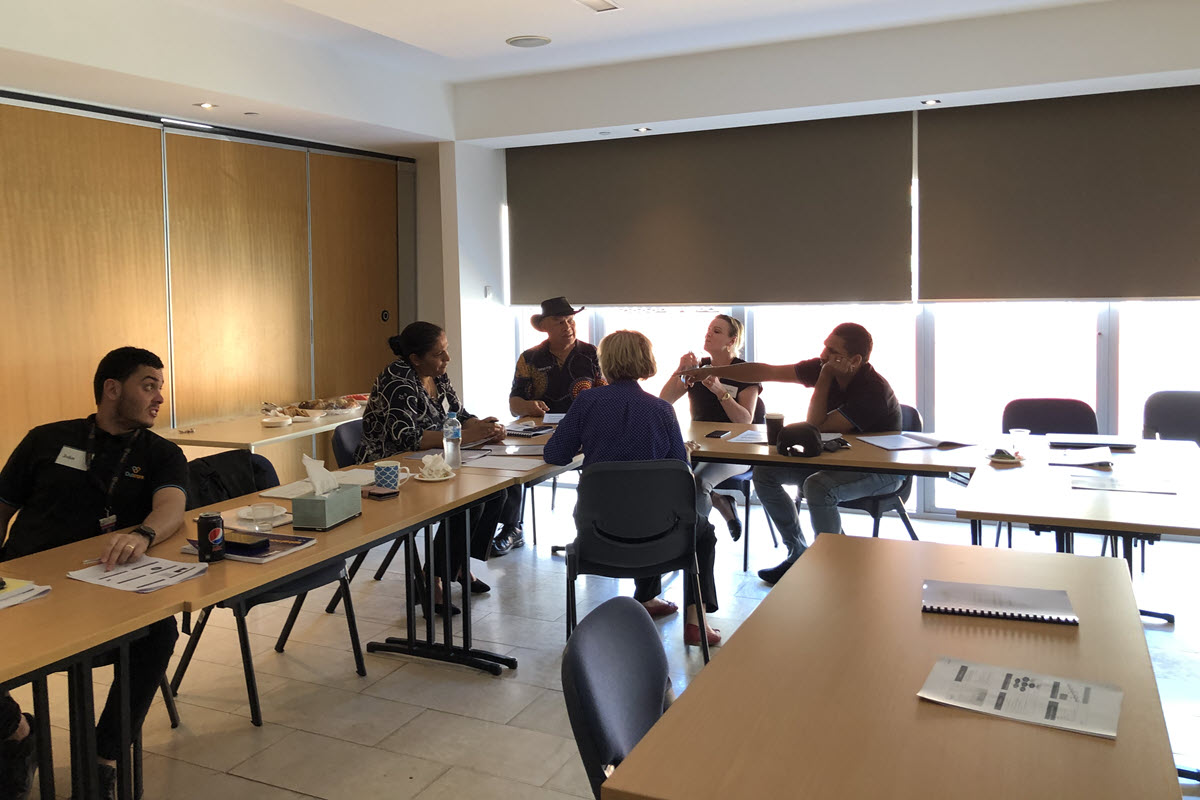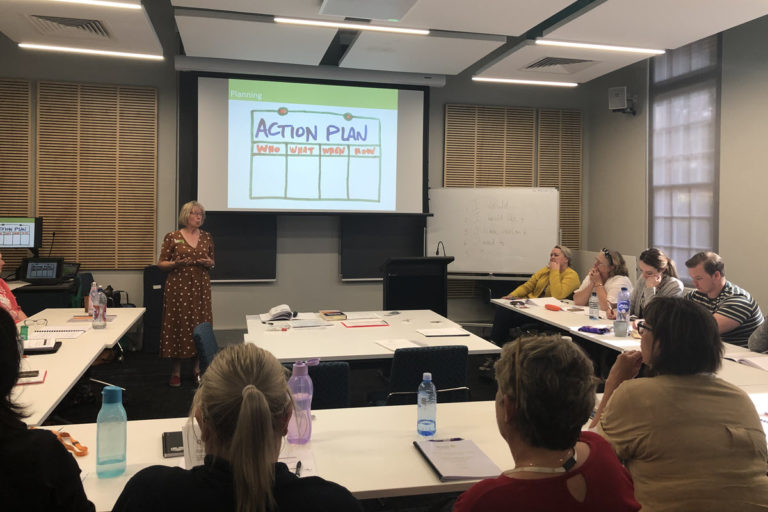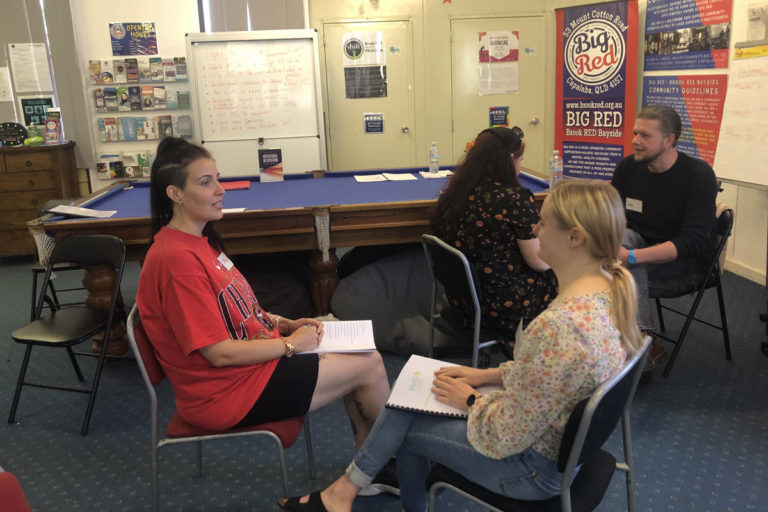Motivational Interviewing and the Transtheoretical Model of Behaviour Change – What’s the difference?
The concepts of Motivational Interviewing (MI) and the Transtheoretical Model of Behaviour Change (TTM) are often linked and connected in the literature (Miller & Rollnick, 2013). However, the idea that MI is based on the TTM is not correct (Miller & Rollnick, 2009). Miller and Rollnick describe MI and the TTM as ‘kissing cousins who never married’ (2013. p.35).
The Transtheoretical Model of Behaviour Change provides an understanding of what initiates behaviour change and how specifically, change may occur (Prochaska & DiClemente, 1984). Motivational Interviewing, on the other hand, is a specific counselling approach which optimises the individual’s drive for change (Hoy 2016, Martinasek et al 2021).
The Transtheoretical Model of Behaviour Change shows us how, when we are supporting behaviour change in others, it is important to attempt to understand that person’s perspective . Understanding the TTM helps us assess where individuals are in terms of readiness for change. The main stages are:
Pre-contemplation – In the pre-contemplation phase individuals have no intention of changing behaviour and are often vocal in expressing this. For example, ‘smoking relaxes me and I have no intention of stopping’.
Contemplation – In the contemplation phase individuals may see reasons to leave things as they are, for example smoking is relaxing or going to the gym or exercising is too time consuming. These individuals feel stuck, as the disadvantages appear to outweigh the advantages of change. Further, contemplators may not know how to change and may lack confidence to change. Clients in the pre contemplation and contemplation phase often present as ambivalent and resistant to change.
Determination – In the determination phase individuals have the intention to change behaviour, and they develop action plans and attempt to overcome the blocks and barriers to change.
Action – in the action phase individuals put change plans into place.
Maintenance – maintenance is defined as a period where new behaviour is sustained for a number of months and may become a part of a permanent lifestyle change. Maintenance is hard and individuals may still struggle with cues to old behaviours. For example the person who has not smoked for 3 months goes to a party, has a drink and gets the urge to smoke a cigarette. The clinician’s role in this situation is to re-frame a slip-up not as failure but as an opportunity for better understanding, and to review managing high-risk situations.
Relapse – relapse is common and should be seen as part of an ongoing learning process. The reframing of relapse as a slip or a trip instils hope that this is just a bump in the road and that the individual can learn from this experience. The role of the clinician therefore is to normalise this phase, to encourage clients to learn from the experience and to identify the triggers to be avoided.
It is understandable that MI and the TTM have become somewhat confused as both were developed and promulgated at much the same time and both focus on behaviour. These days the TTM is often used in MI to help assess clients’ current level of readiness for behaviour change. The main focus in Motivational Interviewing is however on helping people by having the conversations that support and initiate behaviour change (Miller & Rollnick, 2013).
For Veriti’s upcoming Introductory and Advanced Motivational Interviewing workshops contact us for more information.
References
Hoy, J., Natarajan, A., & Petra, M. M. (2016). Motivational interviewing and the transtheoretical model of change: Under-explored resources for suicide intervention. Community Mental Health Journal, 52(5), 559-567.
Martinasek, M., Tamulevicius, N., Gibson-Young, L., McDaniel, J., Moss, S. J., Pfeffer, I., & Lipski, B. (2021). Predictors of vaping behavior change in young adults using the transtheoretical model: a multi-country study. Tobacco use insights, 14, 1179173X20988672
Miller, W. R., & Rollnick, S. (2009). “Ten Things that Motivational Interviewing Is Not”. Behavioural and Cognitive Psychotherapy, 37, 129–140.
First published online 6 February, 2009. doi: 10.1017/S1352465809005128
Miller, W. R., & Rollnick, S. (2013). Motivational Interviewing: Helping people change (3rd ed.). New York: Guilford Press.
Prochaska, J.O., & DiClemente, C.C. (1984). The transtheoretical approach: crossing traditional boundaries of therapy. Homeward, Il: Dow/Jones Irwin







